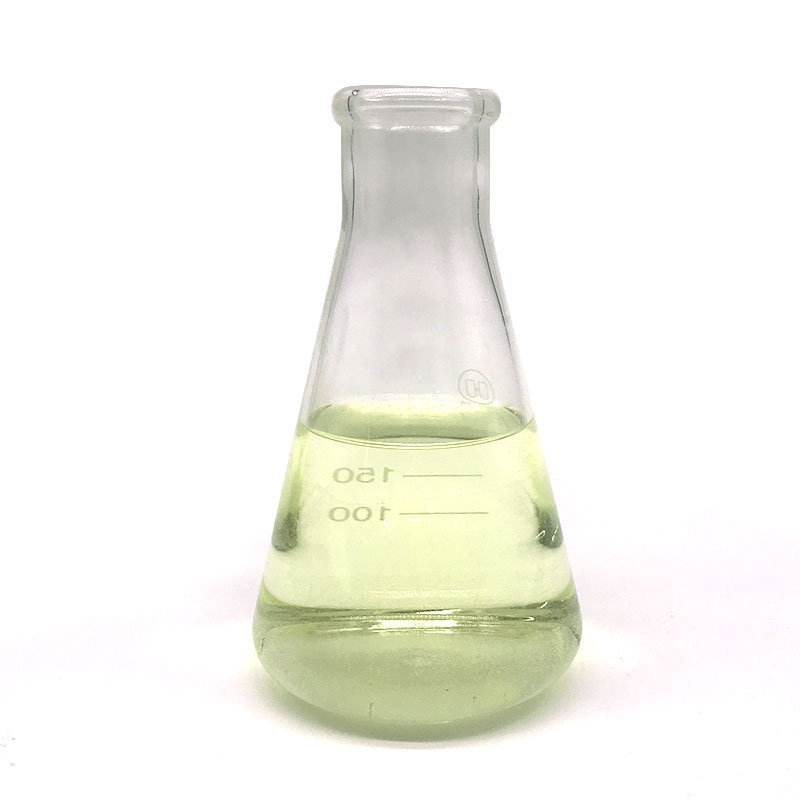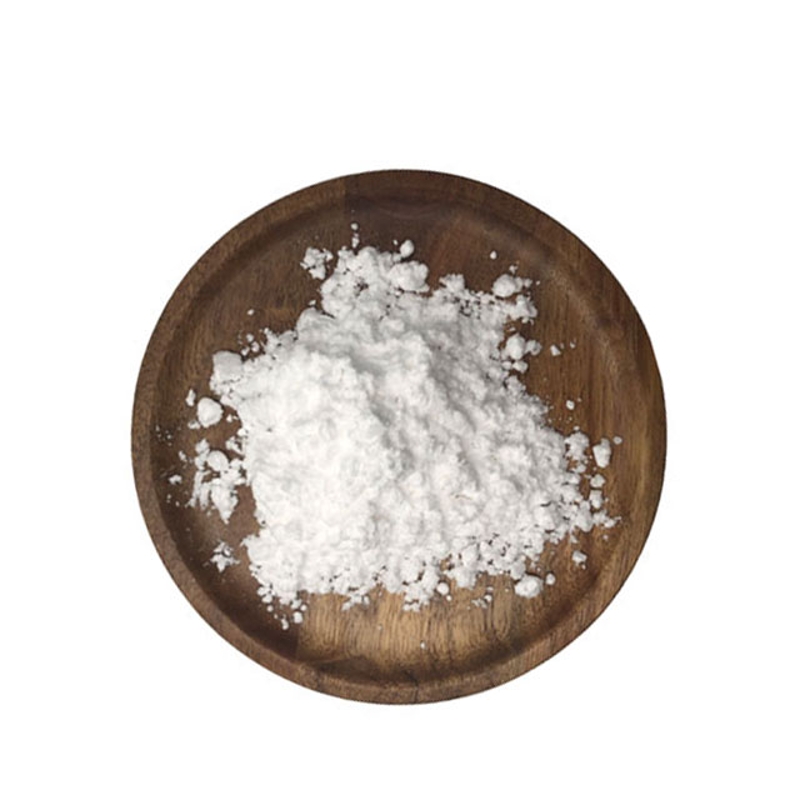-
Categories
-
Pharmaceutical Intermediates
-
Active Pharmaceutical Ingredients
-
Food Additives
- Industrial Coatings
- Agrochemicals
- Dyes and Pigments
- Surfactant
- Flavors and Fragrances
- Chemical Reagents
- Catalyst and Auxiliary
- Natural Products
- Inorganic Chemistry
-
Organic Chemistry
-
Biochemical Engineering
- Analytical Chemistry
- Cosmetic Ingredient
-
Pharmaceutical Intermediates
Promotion
ECHEMI Mall
Wholesale
Weekly Price
Exhibition
News
-
Trade Service
In a new study, researchers at the University of California, Los Angeles, reported that billions of bacteria and other microbes living in the mother's intestines regulate key metabolites during pregnancy, and that these small molecules are important for the healthy development of the fetal brain.
results were published online September 23, 2020 in the journal Nature under the title "The maternal microbiome modulates fetal neurodevelopment in mice".
images from Nature, 2020, doi:10.1038/s41586-020-2745-3.
Although the maternal gut microbiome has been associated with abnormal brain function and behavior in offspring ---usually in response to factors such as infection, a high-fat diet, or stress during pregnancy--- scientists do not know until now whether it affects brain development during critical prenatal periods and without such environmental challenges.
To test the effects of the gut microbiome on metabolites and other biomass that circulate in the mother's blood and nourish the rapidly developing fetal brain, the researchers raised mice treated with antibiotics to kill gut bacteria, as well as sterile mice bred in the lab.
Helen Vuong, a postdoctoral scholar at UCLA's Elaine Hsiao Laboratory, said, "Using both methods to remove the maternal gut microbiome also disrupts the brain development of the fetus."
"Vuong said, removing the maternal gut microbiome alters genes that are turned on in the brains of developing offspring, including many genes involved in the formation of new axons in neurons.
are tiny fibers that connect brain cells and allow them to communicate with each other.
, the researchers found that the axons connecting the cerebral and cortical layers decreased in number and length.
are particularly important for the ability to perceive the environment," said Vuong, a former U.S. government a.m.
consistent with this, offspring from mothers who lack a gut microbiome have barriers to specific sense behavior.
the maternal gut microbiome can promote healthy development of the fetal brain by regulating the metabolites that enter the fetus' brain itself, Vuong said.
"When we measured the type and level of molecules in the maternal blood, fetal blood, and fetal brain, we found that when the mother lacked the gut microbiome during pregnancy, specific metabolites were usually reduced or missing," she said.
then, the researchers cultured neurons when these key metabolites were present.
also introduced these metabolites into pregnant mice that lacked an intestinal microbiome.
neurons in the presence of these metabolites, they produce longer axons and more axons, " said Vuong.
When we added to pregnant mice key metabolites that were reduced or missing when the gut microbiome was culled, levels of these metabolites recovered in the fetal brain and prevented the destruction of axon and offspring behavior.
"Vuong said, "The gut microbiome has an incredible ability not only to regulate many biomass substances in pregnant women, but also to regulate many biomass substances in the developing fetus and the fetal brain."
results also pinpoint selected metabolites that promote axon growth.
" results show that the interaction between the gut microbiome and the nervous system begins before birth and affects the fetal brain through the maternal gut microbiome, at least in mice.
Hsiao said it was unclear whether the findings would apply to humans.
we don't know if and how these findings apply to humans," said Hsiao.
, however, many neurodevelopmental disorders are thought to be caused by genetic and environmental risk factors experienced during pregnancy.
Our study suggests that the maternal gut microbiome during pregnancy should also be considered and further studied, as it may affect not only maternal health, but also the health of developing offspring.
2019, Hsiao, Vuong and colleagues reported that serotonin and serotonin-specific drugs, such as antidepressants, can have a significant impact on the gut microbiome.
2018, Hsiao and her team identified a causal relationship between epilepsy susceptibility and the gut microbiome, and identified specific gut bacteria that play an important role in the anti-epileptic effects of the ketogenic diet.
: 1. Helen E. Vuong et al. The maternal microbiome modulates fetal neurodevelopment in mice. Nature, 2020, doi:10.1038/s41586-020-2745-3.2.Katherine R. Mec etkel al. Maternal microbes support fetal brain wiring. Nature, 2020, doi:10.1038/d41586-020-02657-y3. Guts and brains: How microbes in a mother's guts affect fetal neurodevelopment This article is from Bio Valley, for more information please download Bio Valley APP (







